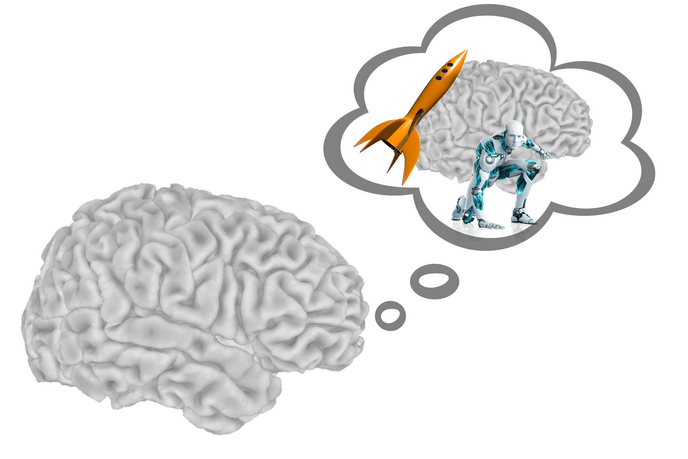How the brain represents its social self
How our own and others’ mental events are represented are connected to mapping internal bodily states, known as embodiment. Human beings also have the ability to transcend body perceptions and actions, known as self-transcendence. They can project self-images into scenarios that are not entirely transparent to the senses, in other words, spirituality. SPIRIT (Spiritual brains and embodied minds: Neural bases of self-transcendence and empathy) was an EU-funded project that collected a series of explicit measures of spirituality and empathy and created new implicit measures for the same constructs. The researchers used mindfulness and yoga as well as spirituality and religion to represent self-transcendence. They compared the effects of yoga and mindfulness practices on the ability to recognise emotions in people’s faces and bodies. According to the results, yoga was shown to heighten recognition of face but not bodily emotional expressions compared to the baseline and mindfulness practices. There were no effects obtained for a gender recognition task. In a follow-up study SPIRIT researchers compared the effects of a different mindfulness practice with yoga in individuals who had prior experience with mindfulness as well as those who did not. The practice involves decentering from thoughts. The results indicate that decentering may induce different effects on the emotion recognition abilities as compared to embodied practice. In combination, the findings show that emotion recognition abilities may be boosted through even short embodiment or decentering inductions. This supports the view that social perception relies on embodied representations, at least partially. The way people represent their transcendental nature affects how they perceive and embody the emotions of others. This research lends insight into the areas of spirituality, self-transcendence and embodied social cognition.







